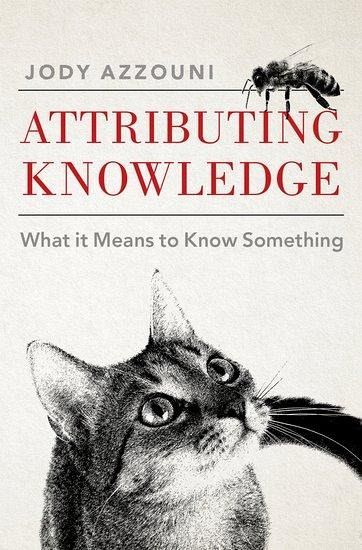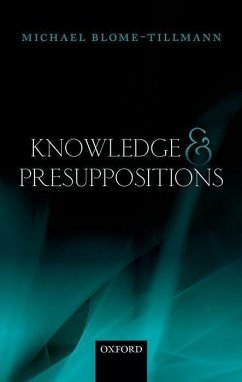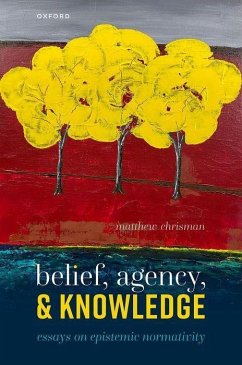
Attributing Knowledge
What It Means to Know Something
In this book Jody Azzouni challenges existing epistemological conventions about knowledge: what it means to know something, who or what is seen as knowing, and how we talk about it. He argues that the classic restrictive conditions philosophers routinely place on knowers only hold in special cases, and suggests that knowledge can be equally attributed to children, sophisticated animals (great apes, orcas), unsophisticated animals (bees), and machinery or devices (driverless cars). Through this perspective and a close examination of its relation to linguistics and psychology, Azzouni freshly ap...
In this book Jody Azzouni challenges existing epistemological conventions about knowledge: what it means to know something, who or what is seen as knowing, and how we talk about it. He argues that the classic restrictive conditions philosophers routinely place on knowers only hold in special cases, and suggests that knowledge can be equally attributed to children, sophisticated animals (great apes, orcas), unsophisticated animals (bees), and machinery or devices (driverless cars). Through this perspective and a close examination of its relation to linguistics and psychology, Azzouni freshly approaches longstanding epistemological puzzles including the dogmatism paradox, Gettier puzzles, Agrippa's trilemma, and the surprise-exam paradox.













